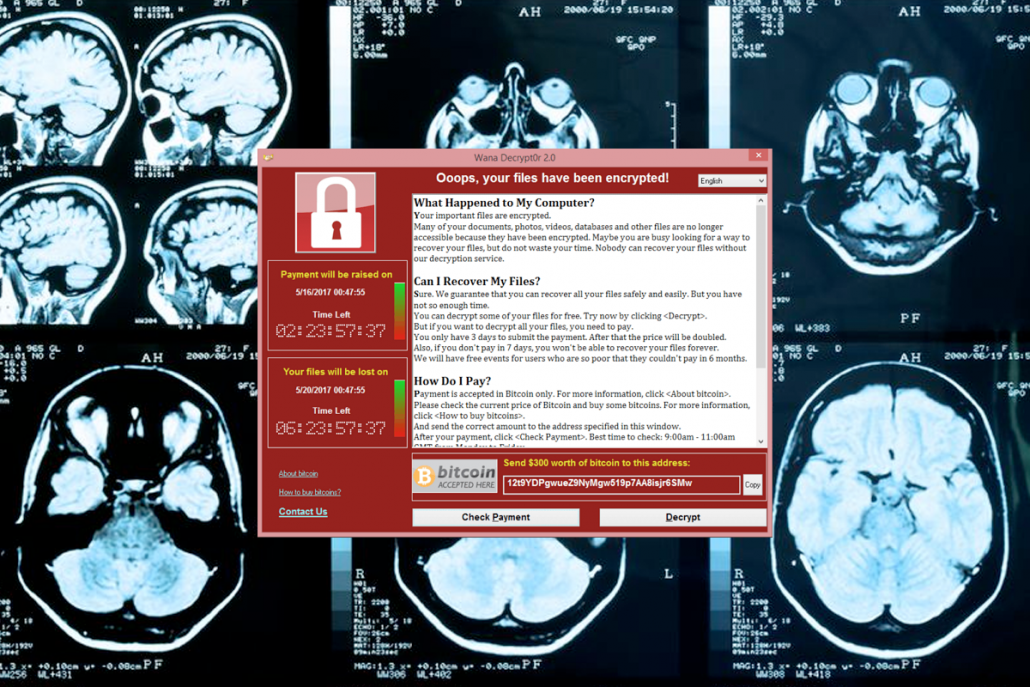A year ago, services across the NHS were closed (forced to close) when a computer virus started to encrypt the files and demanded users pay a ransom in Bitcoin if they want to use their machines again. This computer virus was known as WannaCry.
Due to this ransomeware, patients were turned away from the hospitals, operations were delayed and cancelled and with this confusion still going on, the UK government had to hold an emergency COBRA meeting to address this issue.
In the end, it wasn’t any of the talented computer scientists who were working at National Cyber Security Centre who stopped this malware from causing any damage but instead it was a 22 year old security researcher who discovered a kill switch in the code of the virus decreasing its speed.
The head of the cyber security program in the NHS, Dan Taylor talked about the mess made Wannacry saying, “The impact was quite small [in context].”
He claimed this is not meant to underplay those cancellations but said this should be seen as a “lessor learned” adding, “It raised awareness of how cyber security can actually impact patient-facing services.”
Darian Huss, a researcher at Proofpoint agreed with Dan saying, “One thing that has changed is public awareness of cyber security in general.”
Proofpoint’s Rob Holmes said, “When your mum asks you to explain ransomware, you know it’s gone mainstream.”
The awareness of cyber-attacks now has increased to a whole new level as claimed by Mr. Holmes, noting that the NHS has invested millions of pounds to upgrade their software and make it more resilient against such attacks in the future.
“From my perspective, lots has changed,” he added, “WannaCry has brought an awareness and an urgency to cyber security.
What do you think about how the general public perception of cyber security has changed a year after WannaCry and do you think the response from the NHS to the ransomware attack will be enough to protect them?
Let us know your thoughts.

